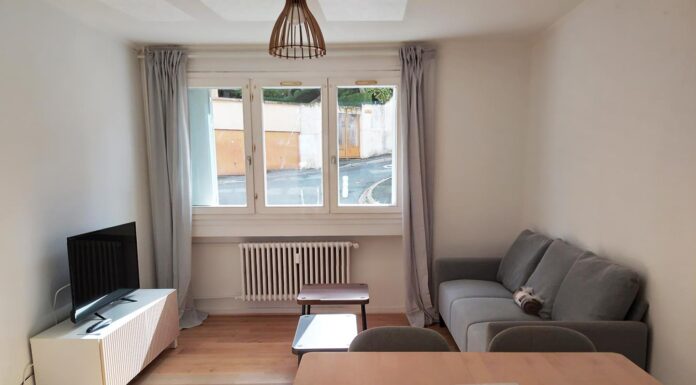The South Africa-born billionaire’s claim that refugees in Sweden are playing the system has gone viral, but the catchy 79% figure has been taken out of context.
Almost 80% of “refugees” go on vacation to the country they claim to have fled from,” Elon Musk declared on X last week.
The South Africa-born billionaire’s statement — which implies that the majority of Swedish refugees are playing the system — has caused a stir and amassed more than 54 million views.
But EuroVerify has debunked the figure to reveal that it was taken out of context.
In 2022, conservative news outlet The Bulletin commissioned Swedish research firm Novus to survey 1,050 foreign-born Swedes.
The survey revealed that 79% of refugees had visited their home country since arriving in Sweden.
However, the data also showed that most respondents had come to Sweden more than 15 years ago. The vast majority arrived before 2010, hailing from countries that are now safe and can be freely visited.
A long history of taking in refugees
With a population of 10.6 million people, Sweden has a long history of taking in refugees.
Many Chileans moved to Sweden following the refugee waves caused by dictator Augusto Pinochet’s regime from 1973 to 1990. Today, Sweden is home to the third largest Chilean community in the world, with some 45,000 living in the country.
Meanwhile, Chile has become a major tourist destination, and Freedom House ranks it as a “stable democracy”.
The wars in the former Yugoslavia in the 1990s also led to a large influx of refugees to the Scandinavian country. Over 100,000 Bosnians and some 3,600 Kosovo Albanians were granted asylum at the time, while more than 61,000 Swedes have family from the former Yugoslavia.
Contrary to Musk’s claim, the survey did not ask refugees whether they had holidayed in their home country but if they had “visited” it. There is also a big difference between once-refugees who have become a part of Swedish society over the years and asylum seekers today, experts say.
“There’s nothing wrong with the research and the article is quite clear as well, but it’s really easy to just say refugee equals current asylum seeker and that is not true“, Novus CEO Torbjörn Sjöström told Euronews.
Once refugees have permanent Swedish residency, they can live there without limitations. Their status differs from that of asylum seekers, who might have fled political persecution or war in their home country, among other reasons, but don’t have the legal status of refugees.
“The wars in the Balkans were decades ago, but many asylum seekers who came to Sweden now have permanent residency. Today the conflict is over, but they have learned the language and created a new life in Sweden. So it’s understandable that they would go and visit their family and friends who stayed in the country during the conflict”, added Sjöström.
Sweden’s immigration policy changed
In December, Swedish Migration Minister Johan Forssell, who hails from the centre-right Moderate Party, said refugees “abuse” the system by taking holidays in their home countries but added that it was hard to say “how widespread” the issue was.
Sweden’s Ministry for Migration and migration agency Migrationsverket did not respond to Euronews’ request for comment.
Sweden’s centre-right coalition government, propped up by the hard-right Swedish Democrats (ECR), has continuously called for tighter migration policies.
In 2015 the country revamped its asylum-seeking policy, moving to a much stricter stance on application processing.
In November 2015, Sweden’s former Prime Minister Stefan Löfven stated that the country’s asylum regime would revert to the “EU minimum”.
This policy shift came after Sweden hosted record numbers of asylum seekers in 2015 — more than 160,000 people — from Afghanistan, Iraq and Syria.
In Europe, the fall of Syrian dictator Bashar al-Assad’s regime last month sparked a fiery debate on what status refugees should have once a conflict draws to a close.
Last month, Austrian caretaker Minister of Interior Gerhard Karner announced the suspension of family reunification and the introduction of a new “programme of orderly repatriation and deportation” for around 40,000 Syrians who have been granted protection in the last five years.
More than one million Syrians have sought refuge in Europe since 2015.












